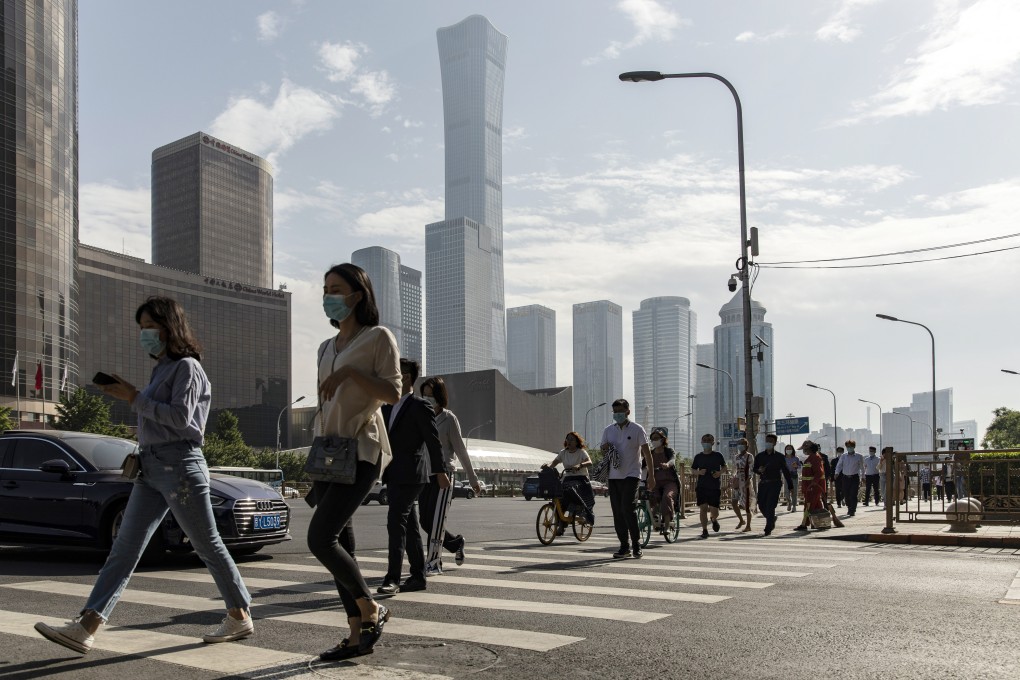The View | Why Asia’s office markets have less to fear from the Delta variant than those in the West
- The much-heralded return to the office has been put on hold in the US, amid a surge in Covid-19 cases
- But the virus has caused less disruption to workplace strategies in Asia, where employers and employees prefer not to blur the work-life boundary

The much-heralded return to the office has come to a halt. The rapid spread of the highly infectious Delta variant has forced many high-profile multinational companies to delay plans to get staff back to their desks.
A sharp slowdown in vaccination rates has contributed to more stringent precautions. On September 9, Microsoft became the latest big company to shelve plans to bring staff back to its US offices, joining other leading firms, such as Google and Ford, that have pushed their re-entry plans into 2022.
Office utilisation rates in New York remain stubbornly low. Only 23 per cent of workers were back at their desks in early August, data from building security company Kastle Systems showed.
However, in Asia, the impact of the pandemic-induced shift in working patterns on the performance and outlook for the office sector has been relatively benign.

